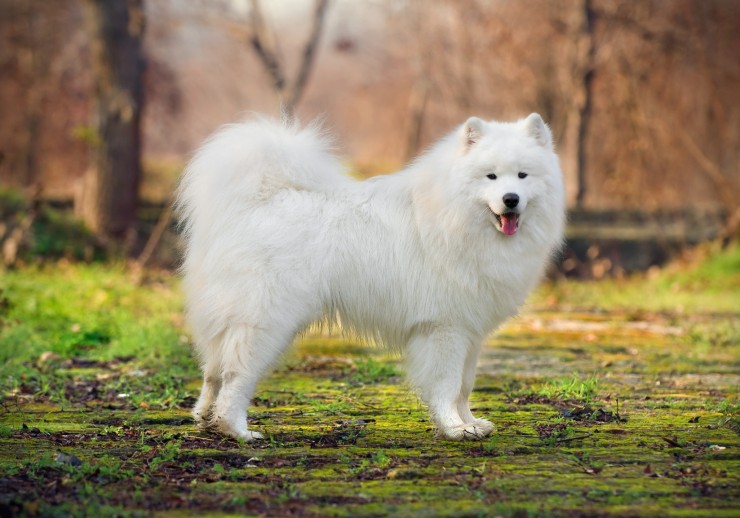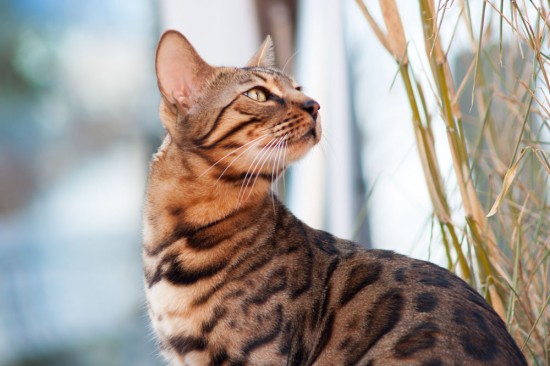
The idea of keeping a pet ferret is gaining more popularity as more people discover how friendly and curious they can be. As ferrets can be comfortable around humans, they make good pets. They love to find hiding places for their tidbits and toys, and this is how they got their name. They were called 'thieves' or 'furoneum' in Latin, describing their furtive behavior when storing their possessions. However, bear in mind that you will need equanimity when trying to litter train them.
Ferrets were domesticated as few as 2,500 years ago. Ever since that time, they have considered humans as part of their social group. They were the favorite pets of the royalty in the Middle Ages for their friendly nature and unique looks.
Ferrets are part of the weasel family, which can include a lot of members. The weasel family are mustelids. They have over 65 different species of cousins in the weasel family, including otters and badgers. When you look at the ferret, you can see how they are closely related to these creatures instead of the rodents that they are frequently compared to. Ferrets come in different shades of brown with black highlights although they are sleek and have short fur. There are ferrets which are albinos and they are easily identified by their pink eyes and white fur, similar to other animals which have an albino strain.
Male ferrets are usually about 18 inches and 2-3 pounds, while females are a little smaller. No one knows why ferrets take toys and food to hide them for later on. It could have started off as a method of saving food during the cold winters, quite similar to the behavior observed in squirrels. This is probably where the behavior started, but it definitely continues to this day.
Ferrets are commonly blamed unfairly for being odorous. This is not the case. They do have a slightly dank smell about them due to their natural oils, however, you can take away these glands that are responsible for such odors. Usually, if your ferrets have a strong odor, it is due their cages being unsanitary or due to owners not giving them adequate care. Should you neglect your ferret's living space or litter box for a number of days, be prepared for the odor!
Additional care needs to be given to ensure that ferrets do not give off an unpleasant odor and are maintained in tip-top condition. Sadly, they are susceptible to a number of ferret illnesses and their short life spans can be drastically reduced. The diet of the ferret should be very high in fat and protein. They require a diet consisting of 35% protein and approximately 15% fat in order to be well maintained. For the first few years of a ferret's life, you will have to be very careful about what you feed them to make sure that they grow up strong.
Of course, if you are in a tight spot, you may give your ferret cat food, however, this cannot continue over long periods of time. Bear in mind, cat food will not have all the necessary nutrients and minerals that ferrets require.
Ferrets are naturally smart and can be taught to perform little parlor acts, but you will need to be patient during training. They love holes as they were originally bred to get rabbits out of their burrows. They are descended from polecats and love to sleep. Usually, a ferret can sleep for as long as 18 hours but you will definitely be in the know when they come out of their slumber! Such pets are intelligent and devoted, and a joy to be around, making them wonderful pets.
 Deaf Dog, Hearing World - Living With Your Deaf Dog
Deaf Dog, Hearing
Deaf Dog, Hearing World - Living With Your Deaf Dog
Deaf Dog, Hearing
 The Secret To Keeping A Dog’s White Coat Gleaming
The Secret To Kee
The Secret To Keeping A Dog’s White Coat Gleaming
The Secret To Kee
 Adopting A Pedigree Cat
Adopting A Pedigr
Adopting A Pedigree Cat
Adopting A Pedigr
 Maltese Dog Hereditary Health And Health Testing
Maltese Dog Hered
Maltese Dog Hereditary Health And Health Testing
Maltese Dog Hered
 Curly Coated Retriever Hereditary Health And Genetic Diversity
Curly Coated Retr
Curly Coated Retriever Hereditary Health And Genetic Diversity
Curly Coated Retr
Copyright © 2005-2016 Pet Information All Rights Reserved
Contact us: www162date@outlook.com